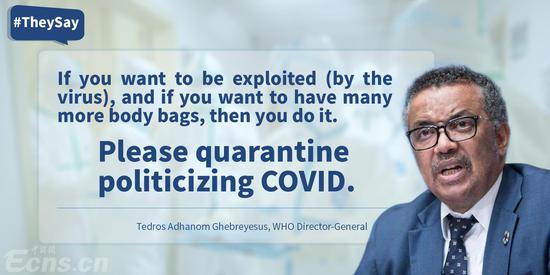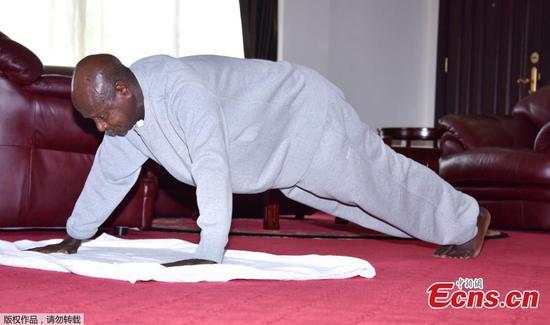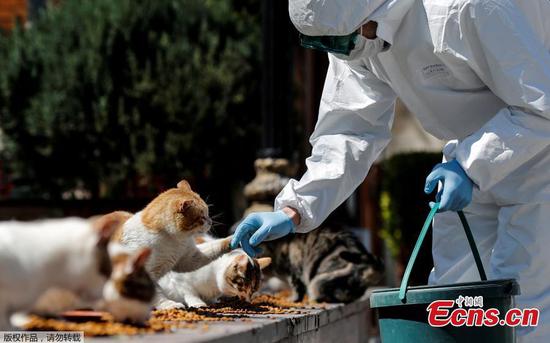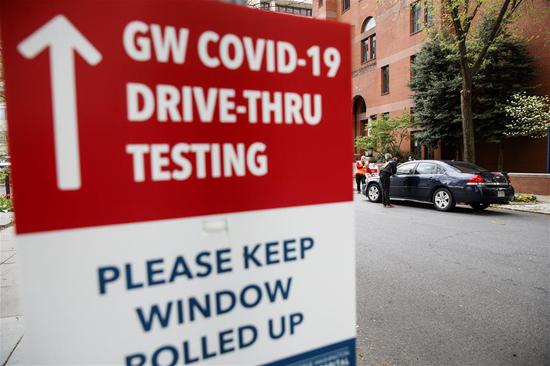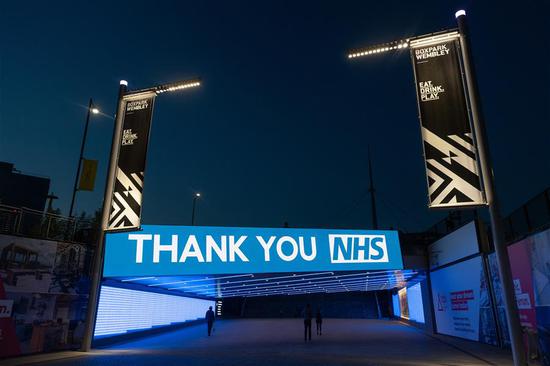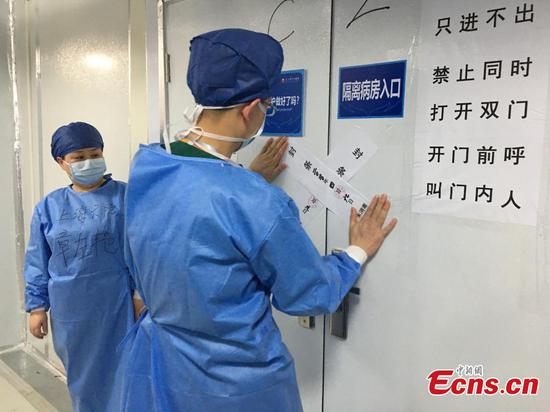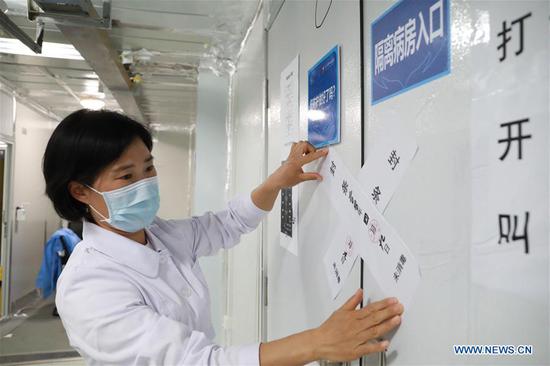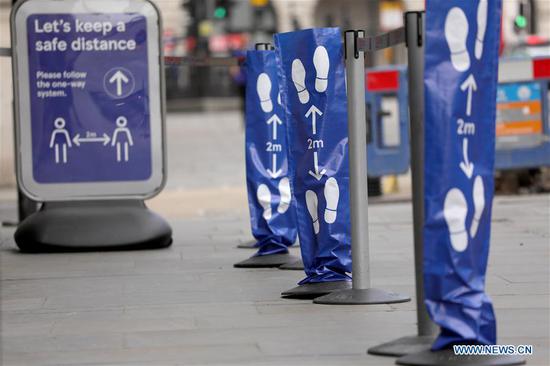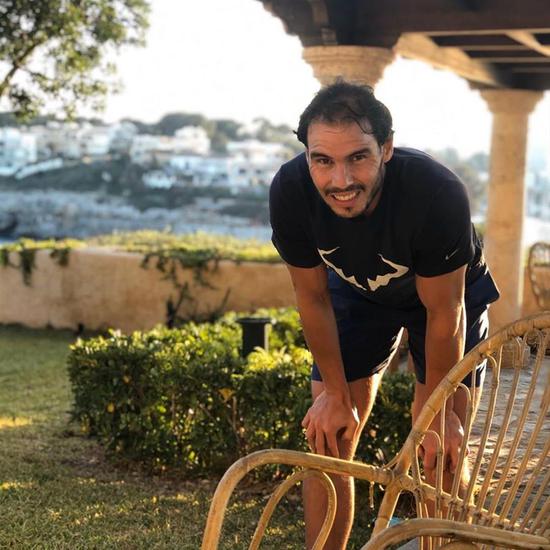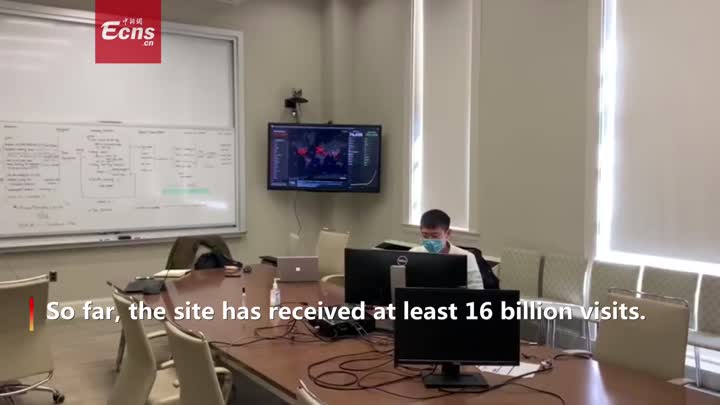Antibody test appeal
UK Health Secretary Matt Hancock, who, like Johnson, was infected by the virus, but has made a full recovery, has asked industry leaders to help the country find an antibody test that works, and to start production.
He issued the appeal on Wednesday, after making a similar plea a few days earlier, in which he urged companies to make ventilators.
Cambridge University is among the academic institutions and enterprises that have accepted Hancock's challenge.
The university is collaborating with pharmaceutical companies AstraZeneca and GlaxoSmithKline in establishing a facility at its Anne McLaren Lab, where it will process 30,000 novel coronavirus tests a day by next month. The lab's scientists will also attempt to find alternative chemical reagents to those being used now.
They hope to identify new reagents-chemicals that extract the genetic code of the virus from testing swabs, as there is a shortage of the reagents being used in the UK.
A joint statement issued by the university and the two companies said, "Alongside this new testing facility, GSK and Astra-Zeneca are working together to provide support to the UK national testing centers… to help the national testing system to continue to expand capacity."
Thermo Fisher, a scientific equipment maker in the United States, has also taken up the challenge. On Thursday, its CEO, Mark Stevenson, said on the BBC radio program Today that the company can supply more than 100,000 tests per day and will soon increase its manufacturing capacity in the UK.
Hancock hopes many more biotech companies will start developing and mass-producing finger-prick tests for the virus in sufficient quantities to enable them to be rolled out for the public.
In addition, the UK government has announced plans to set up three huge new laboratories to analyze testing kit samples.
Large-scale testing has worked in countries such as South Korea where, along with isolation programs and contact tracing, they have quickly reduced the number of cases.
Success in countries with large-scale testing programs inspired the World Health Organization to state that nations should "test, test, test".
While testing is clearly important and a key part of any nation's battle against the virus, critics said the UK was slow to increase its testing capacity.
As the country is still not able to conduct reliable and quick finger-prick tests on a significant scale, it has to rely on slower laboratory tests to detect cases of infection. Due to capacity constraints, these tests are limited to 14,000 a day. Attempts to buy finger-prick tests from overseas have ended in frustration, with products either being unavailable or considered inaccurate.
Because of the relative shortage of tests, those being examined for the virus tend to be hospital patients, National Health Service workers, care home residents, or prisoners.
Edward Argar, a junior health minister, has insisted the UK "hasn't got the testing issue wrong" but agrees that ways need to be found to test many more people.
He told Sky News: "I would absolutely expect (Chris Whitty) to say we need to look at what other countries have done that has had a really positive impact. But…he did also say there were a whole range of factors for why Germany's death rate does, at the moment, appear to be lower."
Patrick Vallance, the UK's chief scientific adviser, said at a recent briefing on the virus: "The German curve looks as though it's lower at the moment … and there are obviously two things that we look at in terms of any response to any outbreak. One is the virus itself, and the other is the society into which that virus comes, and there are things to do with demographics, there are things to do with the way systems are organized, and, of course, there may be differences in the way certain responses have been taken."
Argar said on the Today program: "The government's been very clear that we'll get to 100,000 tests a day by the end of the month. We are seeing rapid increases. I think the latest figures I saw were around 14,000 tests a day-that's significantly up on where it was even a few days ago, so I think we are firmly on target for that."














